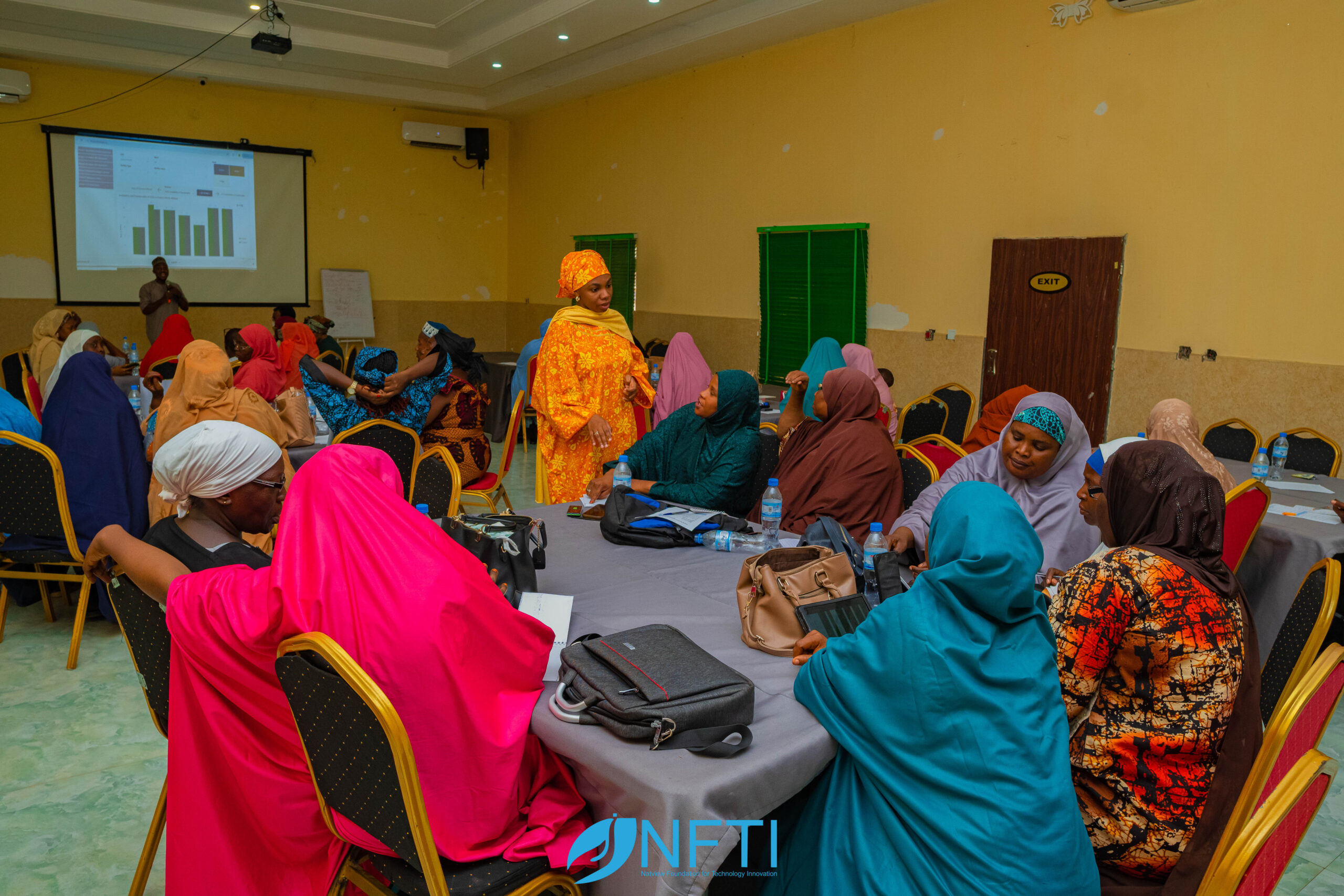In its continued effort to strengthen data-driven health service delivery across Kaduna State, the Natview Foundation for Technology Innovation (NFTI) hosted a one-day final peer review learning session and bi-monthly briefing cadence with health facility in-charges and representatives from Kaduna North Local Government Area (LGA). The meeting marked the culmination of several months of data collection, capacity building, and peer engagement as part of NFTI’s longitudinal study on health systems strengthening.
The session provided a comprehensive platform for showcasing updates on the progress of the longitudinal study while reflecting on challenges encountered and lessons learned during the course of the fieldwork. The NFTI team shared key insights from their work, underscoring how consistent field engagements have helped uncover systemic gaps and opportunities for improvement in human resource management and supply chain systems.
One of the high points of the session was the live review of the longitudinal study dashboard, which was projected for all participants. Each facility representative had the opportunity to view their data entries, assess completeness, and reflect on the implications of data trends.
A practical capacity-building session was facilitated by the Kaduna North LGA Cold Chain Officer (CCO), focusing on accurate stock level calculation. Using hands-on exercises, participants were taken through the processes of calculating stock balances, identifying stock-outs, and determining proper documentation practices. The goal was to ensure that health facility staff are equipped with the tools and knowledge necessary to manage inventory efficiently, thus improving service delivery and reducing instances of medication shortages.
During the deliberations, Mrs. Gloria, State Monitoring and Evaluation Officer, noted that frequent issues of staff shortages and heavy workloads often contribute to inaccuracies in data entry and poor data management practices. She highlighted the importance of adequate staffing and the availability of reliable data storage equipment. Additionally, she pointed out that a key challenge leading to stock-outs remains the inconsistent financing and purchasing systems, which prevent facilities from maintaining a steady supply of essential medicines.
The meeting concluded with a closing remark from the health secretary, who emphasized the importance of everything that had been discussed. “What we’ve deliberated here today is not just theoretical,” he said. “Facility managers must understand the impact of proper stock calculations and data accuracy.
He urged participants to take the lessons learned seriously and apply them in their daily routines, reminding them that the data being gathered extends far beyond the facilities; it informs policy decisions at the state and national levels.

